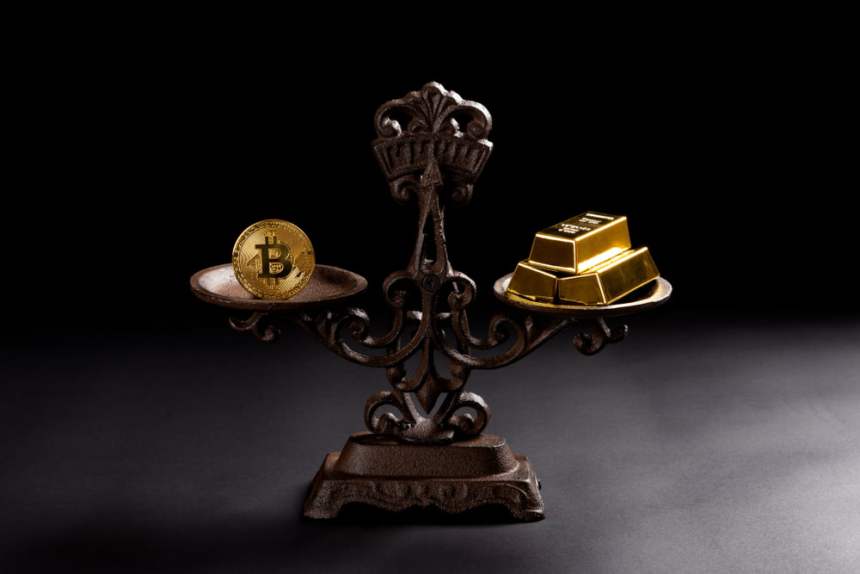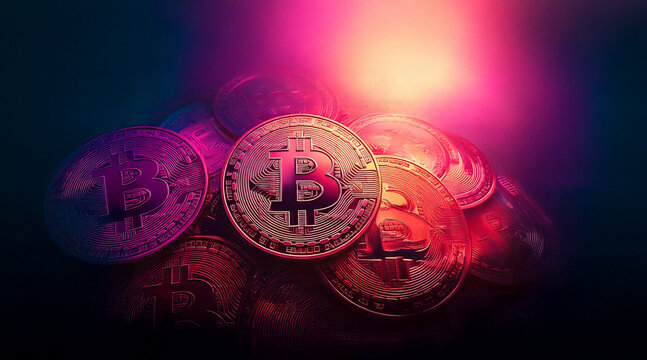Reason to trust

How Our News is Made
Strict editorial policy that focuses on accuracy, relevance, and impartiality
Ad discliamer
Morbi pretium leo et nisl aliquam mollis. Quisque arcu lorem, ultricies quis pellentesque nec, ullamcorper eu odio.
According to a report by the World Gold Council, central banks have been buying more gold this first quarter than they have in the previous six years. The efforts to diversify away from the US dollar are being led by China and Russia.
With a clear global appetite for store-of-value-type assets that are not connected to the dollar, the question remains, when will it emerge that banks are buying Bitcoin?
When Will Central Banks Stockpile Digital Gold, aka Bitcoin?
The World Gold Council estimates that gold held in reserves rose to 145.5 tons during the first quarter of 2019. This represents an impressive 68 percent increase from the figure reported for the previous year.
In the report, the council states that Russia continues to be the largest buyer of gold. The nation is known to be reducing its dependence on the US dollar by diversifying into other assets.
Bloomberg reports the World Gold Council’s head of market intelligence, Alistair Hewitt, to have stated:
“We’ve seen a continuation of the strong demand from central banks… We’re expecting another good year for central bank purchases, although I’ll be pleasantly surprised if they are to match the level seen in 2018.”
Along with China and Russia, the nations stepping up their gold hoarding include Kazakhstan, Turkey, Ecuador, Qatar, and Colombia. The report notes that a common theme amongst these nations is the fact that they all want to reduce their dependence on the US dollar.
Clearly, there is great hunger around the world for an asset that can be used effectively as a hedge against the dollar. This begs the immediate question: When will it emerge that central banks have been hoarding Bitcoin.
RT’s Max Keiser highlighted this via Twitter earlier today:
Central Banks will dive into #Bitcoin in size once Gold gets near impossible to source after it crosses $10,000. https://t.co/ZnhPjg5vyE
— Max Keiser (@maxkeiser) May 3, 2019
He speculates that the scarcity of gold will eventually force banks to explore alternate options such as Bitcoin to hedge themselves against the dollar.
Naturally, it seems unlikely that a nation with such designs on crypto assets would openly announce that they are stockpiling Bitcoin. If it emerges that a country has been buying the asset, a global buying frenzy, led by central banks would likely drive the Bitcoin price to unthinkable levels extremely quickly. If a nation is trying to get ahead by secretly investing, this is the last thing that it would want.
There has already been speculation that Russia is toying with the idea of stockpiling Bitcoin. In January this year, a Russian professor with links to the Kremlin said Bitcoin is the only way of bypassing US and NATO sanctions. He stated that Russian elites were prepared to buy into Bitcoin if the situation demanded it. However, there is little to suggest that there is any truth to these statements yet.
That said, North Korea has been linked with Bitcoin and other crypto use to evade economic sanctions placed on them by western nations. The rogue state is believed to be operating a team of hackers that is responsible for various cyber crime around the world that rely on crypto in some shape or form.
Although neatly illustrating some of Bitcoin’s potential utility for nation states, North Korea’s experiments in alternate currencies hardly serves as a driver for higher prices in the way that the world learning that Russia or China was hoarding the crypto asset in favour of US dollars would. With hunger growing for non-correlated assets, it seems a matter of when rather than if this will happen too.
Related Reading: The Case for Bitcoin as a Store-of-Value, Can it Really Rival Gold Going Forward?
Featured Image from Shutterstock.




















